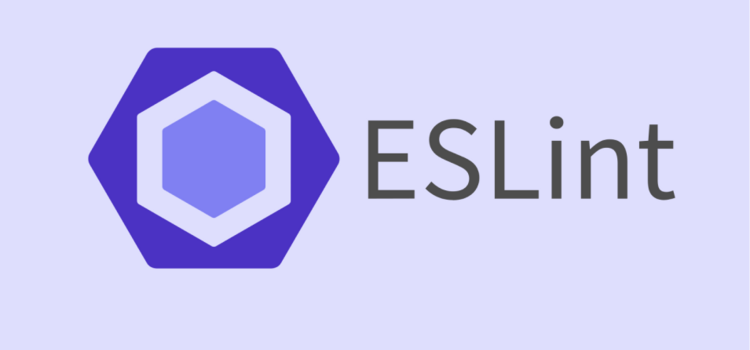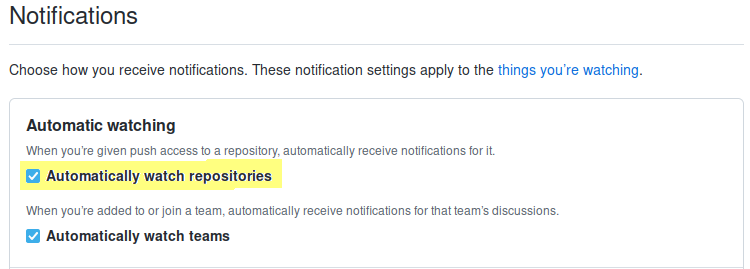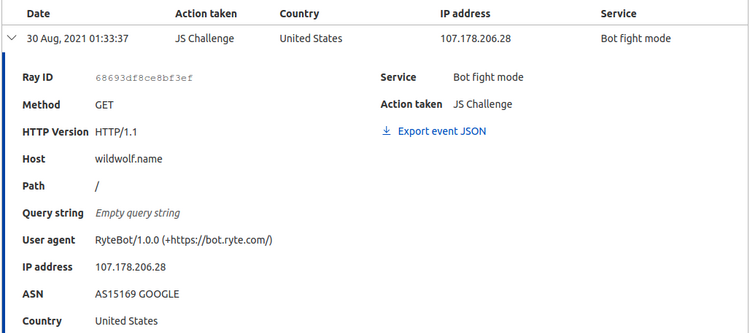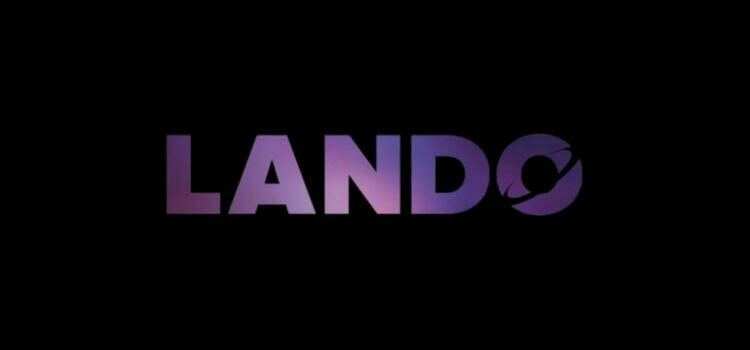I once needed that to debug the issue of why ESLint was so slow, and I thought I would share this piece of information. To get the list of the files ESLint processes, set the DEBUG environment variable to eslint:cli-engine.
How to Get the List of the Files Processed by ESLint





